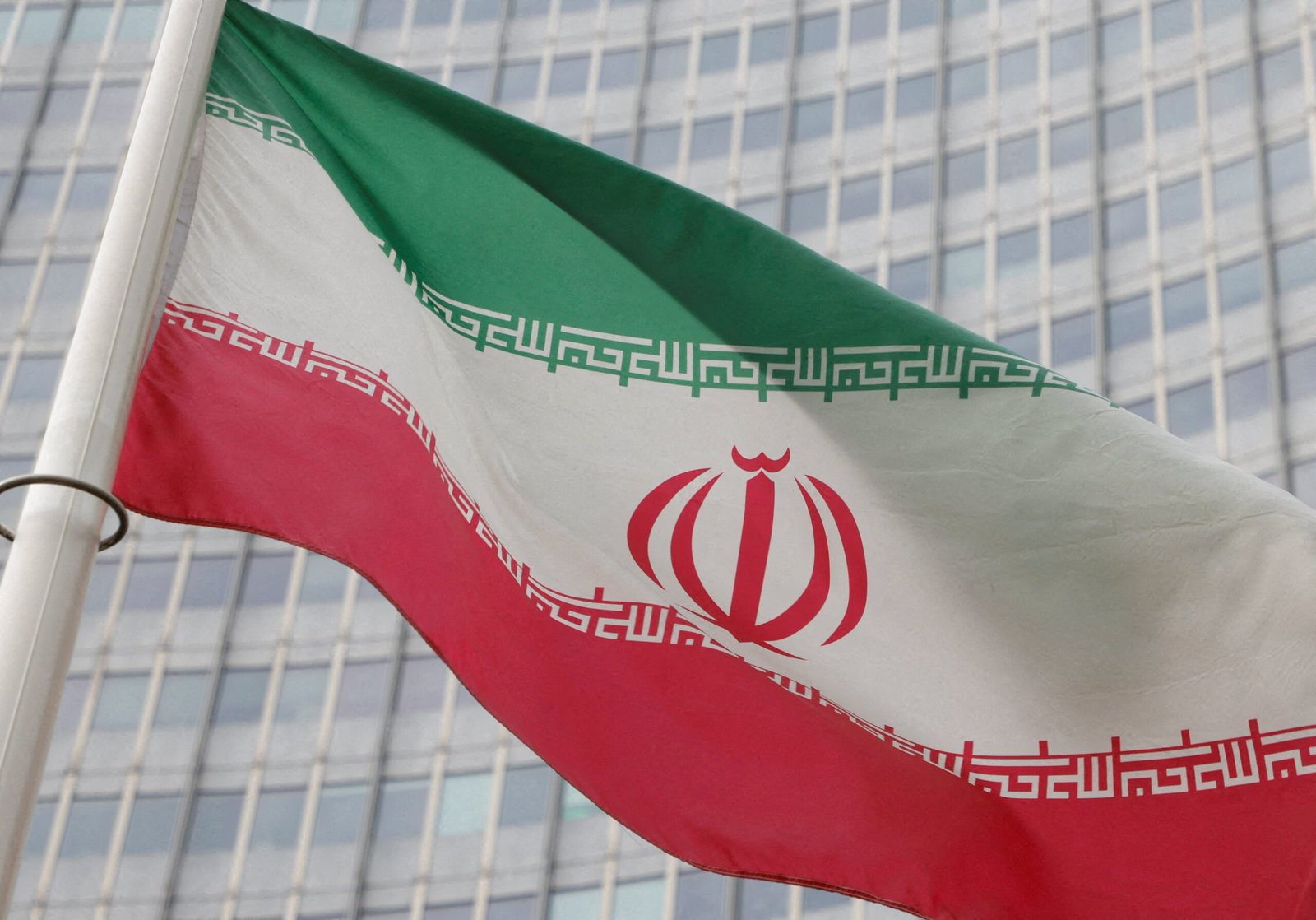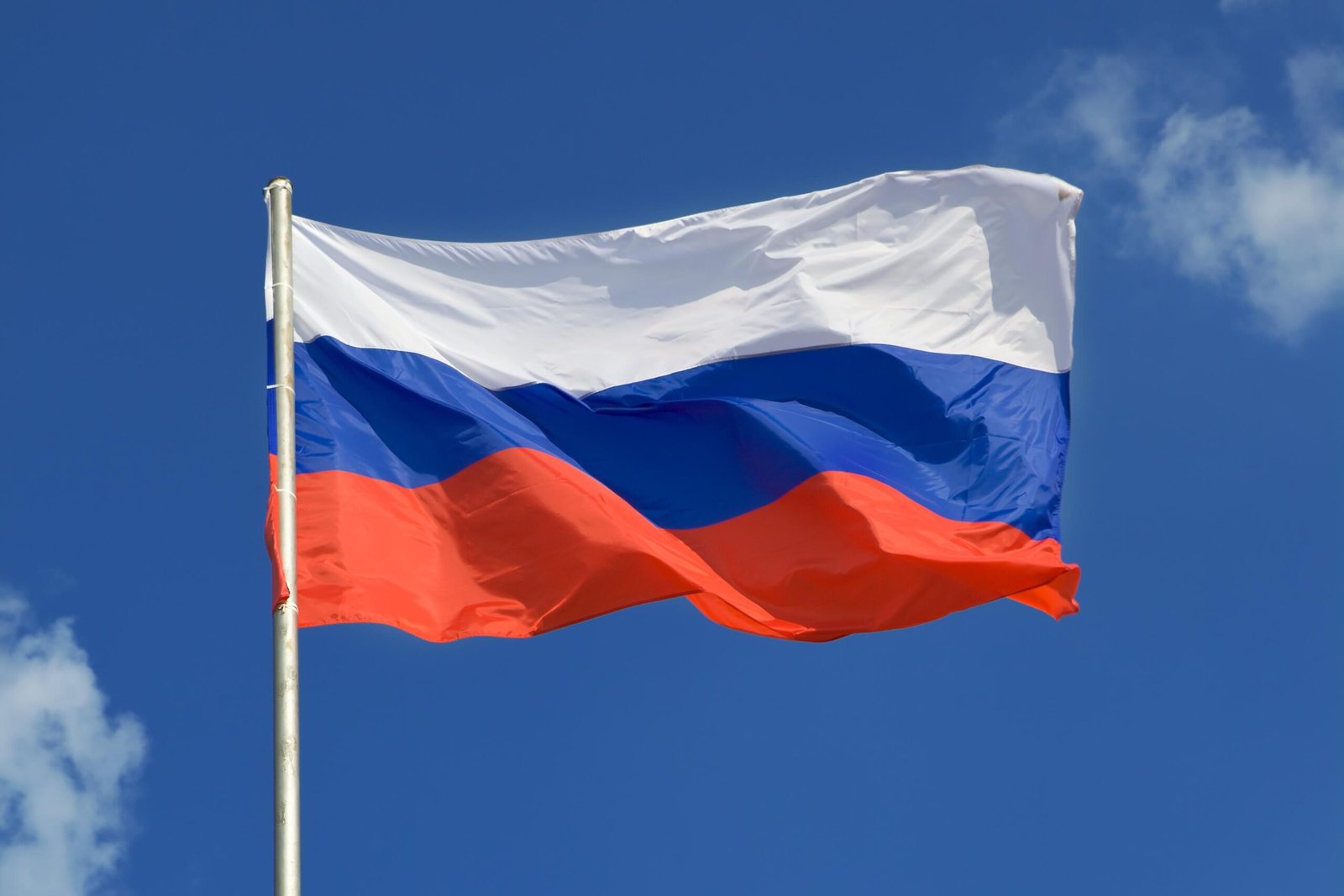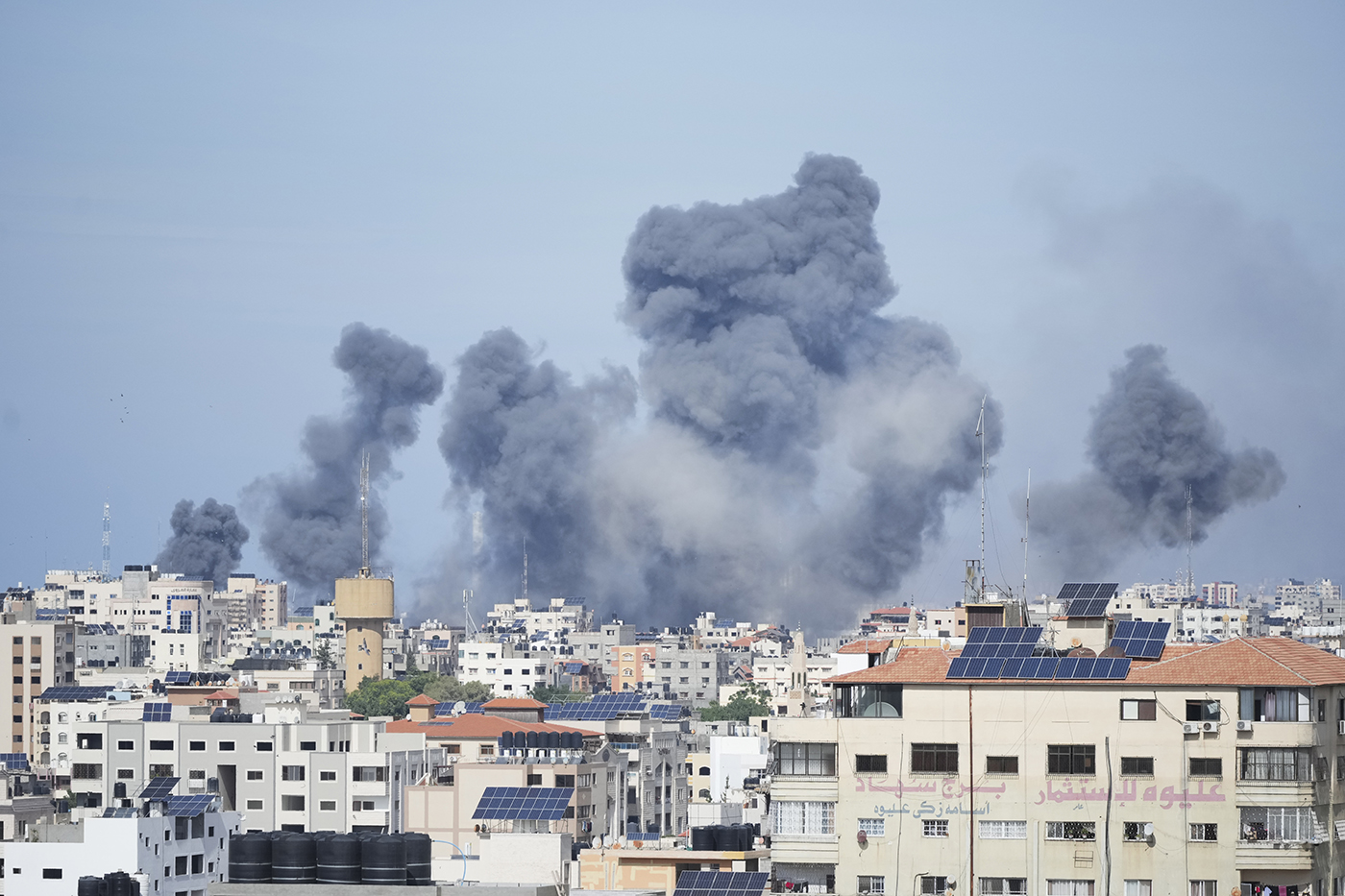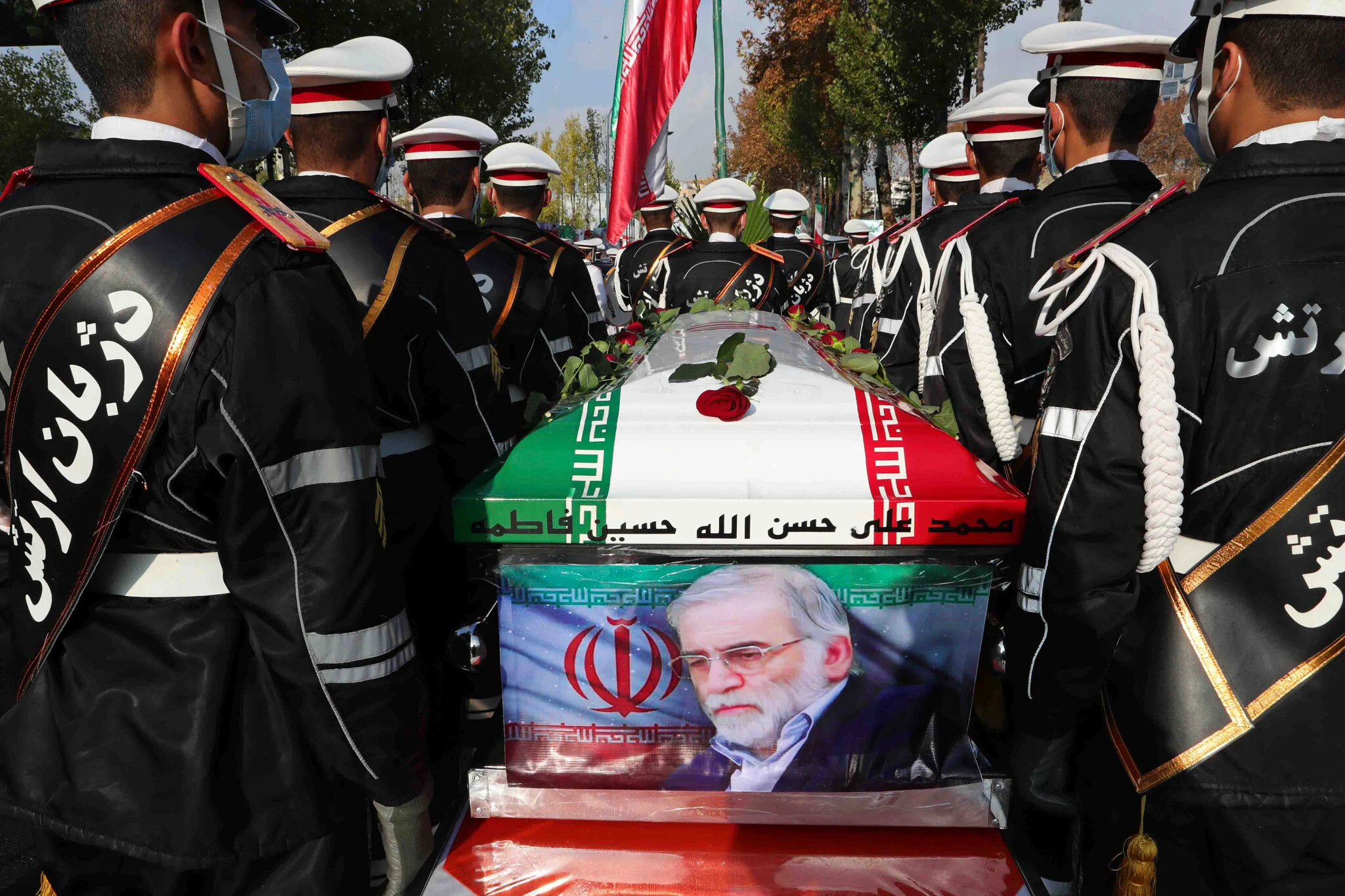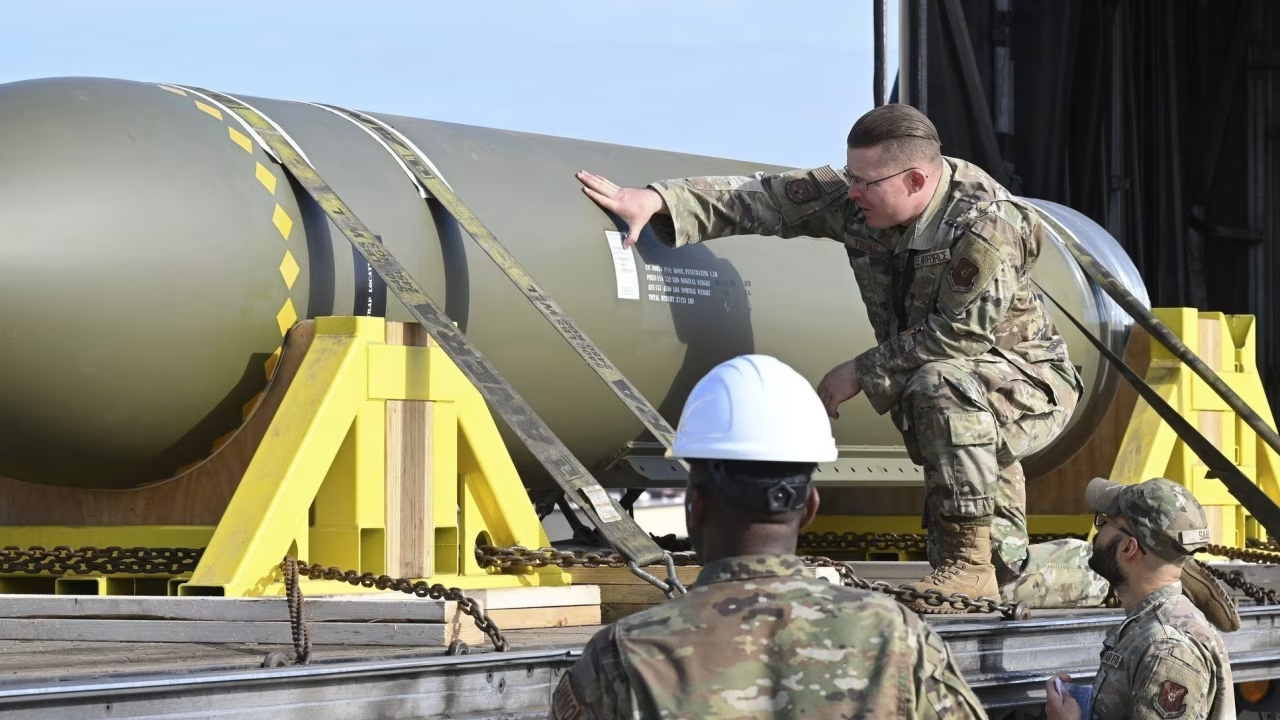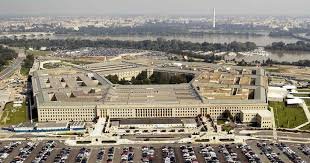As tensions between India and Pakistan escalate sharply over a deadly attack in Indian Illegally Occupied Jammu and Kashmir’s (IIOJK) Pahalgam region, the United Nations has called on both nations to show “maximum restraint” and avoid further deterioration of relations between the nuclear-armed neighbors.
The recent attack, which left 26 civilians dead in Pahalgam, marks one of the deadliest assaults on civilians in the region in decades. India has accused Pakistan of harboring the attackers, claiming they are linked to the Pakistan-based militant group Lashkar-e-Taiba. Pakistan, however, has firmly denied involvement, calling the allegations “baseless” and warning that any aggressive move from India will be met with full-spectrum retaliation.
UN spokesperson Stephane Dujarric, addressing the situation in New York, stressed the importance of de-escalation: “We very much appeal to both governments to exercise maximum restraint… and ensure the situation does not deteriorate further. Any issues between Pakistan and India should be resolved peacefully through mutual engagement.”
The fallout from the attack has already triggered tit-for-tat diplomatic reprisals. India has suspended a key water-sharing treaty, closed the Wagah border crossing, downgraded diplomatic ties, and revoked visas for Pakistani nationals. In response, Pakistan expelled Indian diplomats and military officials, cancelled most Indian visas (except for Sikh pilgrims), and threatened that any move to stop Indus River water flow would be treated as an “act of war.”
The rising hostility mirrors the tense atmosphere of 2019, when the Pulwama suicide bombing prompted India to launch airstrikes inside Pakistan. The fear of a similar military escalation looms large, with analysts speculating that a retaliatory move by India may be imminent.
Indian Prime Minister Narendra Modi vowed to hunt down the perpetrators, stating, “India will identify, track, and punish every terrorist and their backer. We will pursue them to the ends of the Earth.” He added, “Whatever little land these terrorists have, it’s time to reduce it to dust.”
India’s military has already begun conducting exercises involving both its air force and navy, while security forces in IIOJK have launched a massive manhunt. Authorities have offered a bounty of 2 million rupees ($23,500) for information leading to the arrest of each of the suspected attackers.
Meanwhile, students from Jammu and Kashmir studying across India have reported facing harassment and intimidation in the wake of the attack, raising concerns about communal tensions spilling beyond the borders of Kashmir.
With both countries now entrenched in a deepening standoff, the international community—led by the United Nations—is calling for a return to dialogue, diplomacy, and peaceful resolution. The next few days may prove critical in determining whether the region steps back from the brink—or edges closer to another dangerous confrontation.






